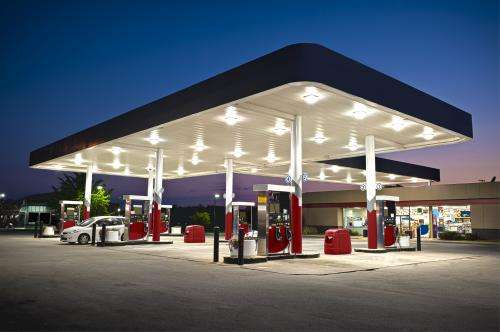A tool to improve the sustainability of the transport sector

Transport is responsible for a quarter of the greenhouse gas emissions in Europe, so the European Commission has developed various strategies and directives designed to reduce dependence on oil, and the transport gas emissions responsible for this effect, thus leading to an increase in air quality in cities.
There is no single fuel solution for the future and therefore other alternatives based on the global combination of alternative fuels need to be explored. That is why BIOLCA has been developed. It is a tool that helps to specify, select and encourage more sustainable fuels, and has been developed through a Basque consortium in which TECNALIA is participating.
The tool, based on ACV methodology, enables various development, production and fuel use scenarios to be simulated and analysed and then compared with each other in order to pick the best option from the point of view of sustainability.
In order to have a versatile tool available, the application analyses the main energy sources used in the transport sector as well as the alternative sources that currently offer the greatest potential for use, such as petrol, diesel, electricity, kerosene, bioethanol, biodiesel, natural gas and LPG.
The tool, which operates intuitively, allows the user to configure the life cycle being studied by specifying the stages it comprises: cultivation, crude extraction, biofuel production, power battery production, use, etc.
Once all the processes in the life cycle have been specified, the user can see the results displayed in various ways: in terms of indicators, phases, absolute and relative values, etc.
Pilot experiences
In order to demonstrate the viability and usefulness of the tool, 2 pilot experiences have been run in collaboration with Bilbao City Council and Cespa (Ancillary Public Services Company).
Both Bilbao City Council and Cespa have rated the experience very highly, and stress that the BIOLCA tool is a very helpful means for future decision-making. Until now, the only comparative analysis they were carrying out was based on the use phase, and mainly in terms of the economic variable. However, the results obtained through BIOLCA provide them with a much fuller and more traceable view throughout the life cycle of the fuels; this enables them to compare the environmental, social and economic impacts of the different fuels, different suppliers, etc. and thus boost the sustainability of their services.
Provided by Elhuyar Fundazioa












